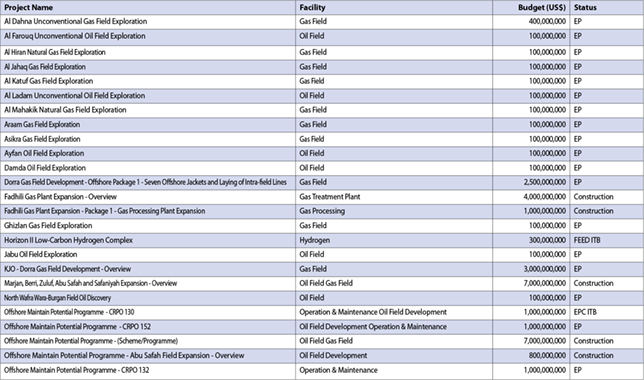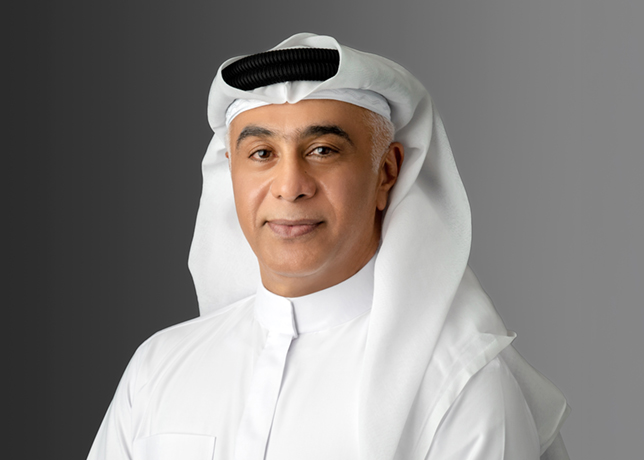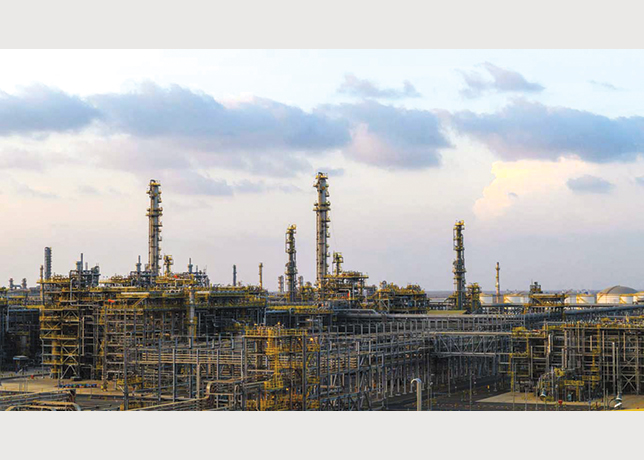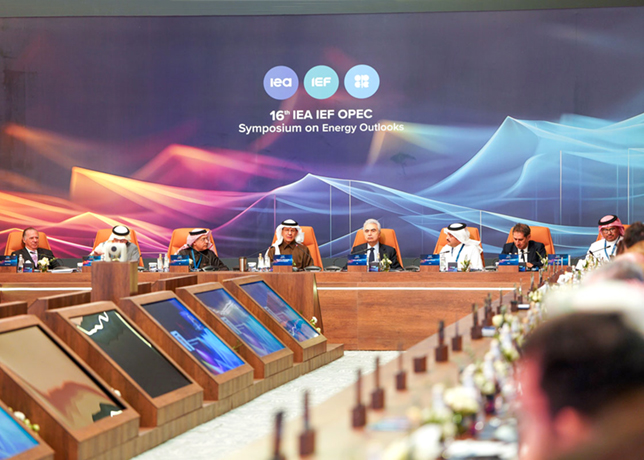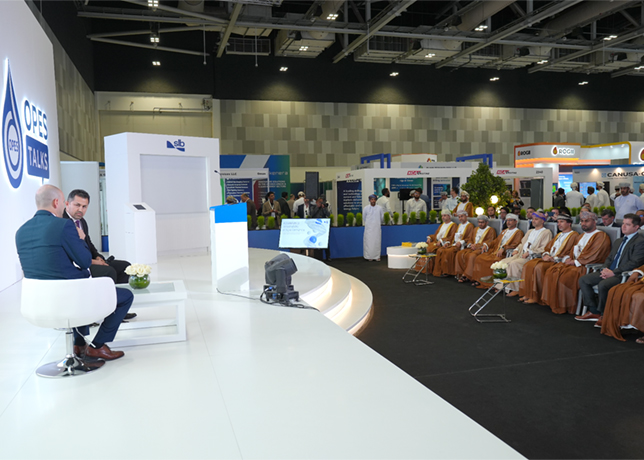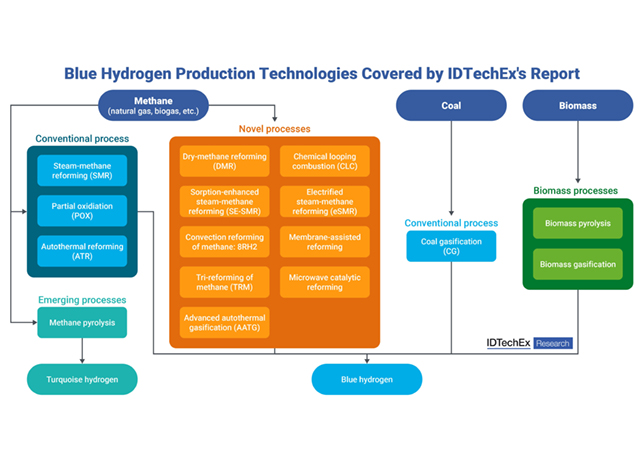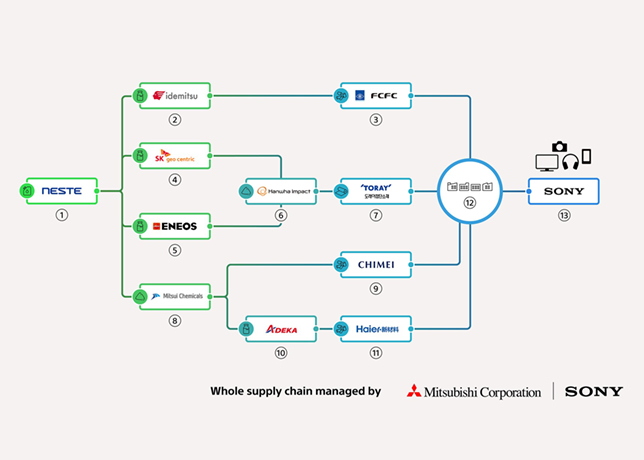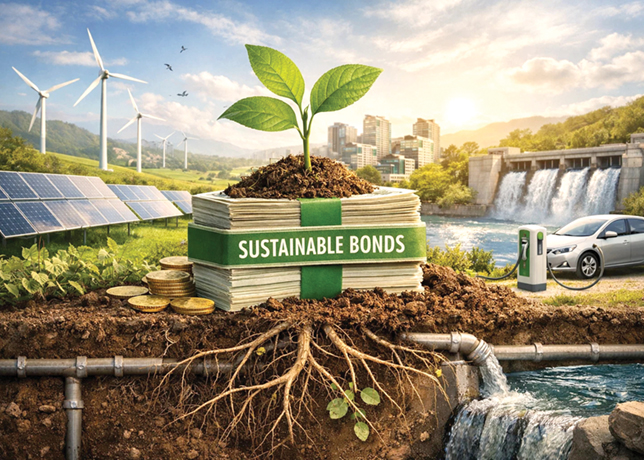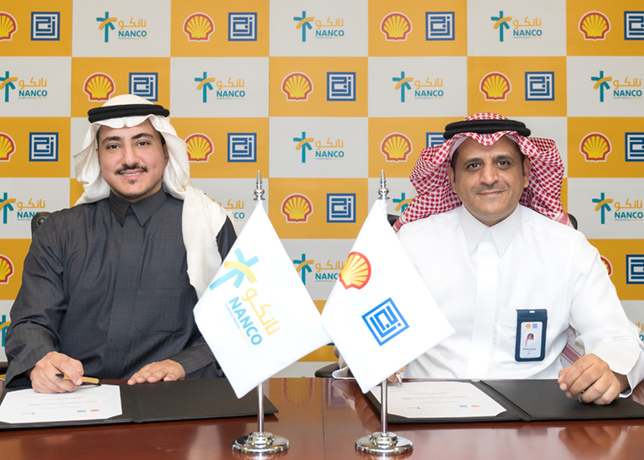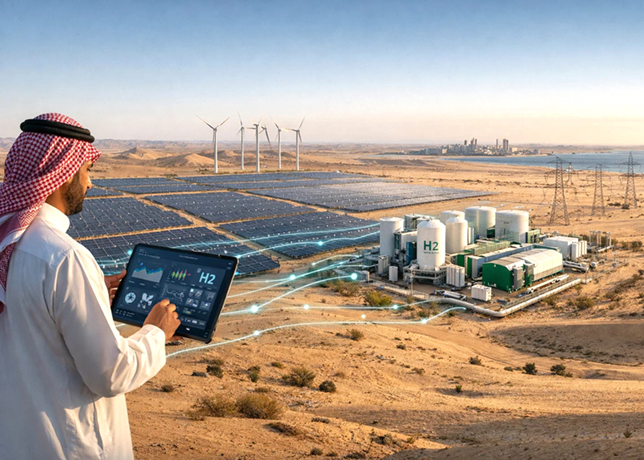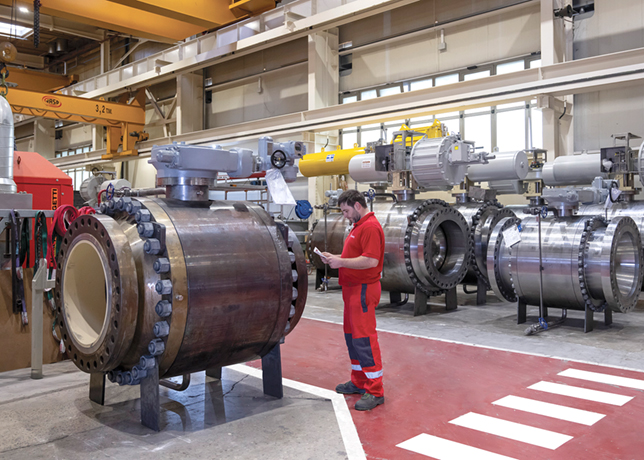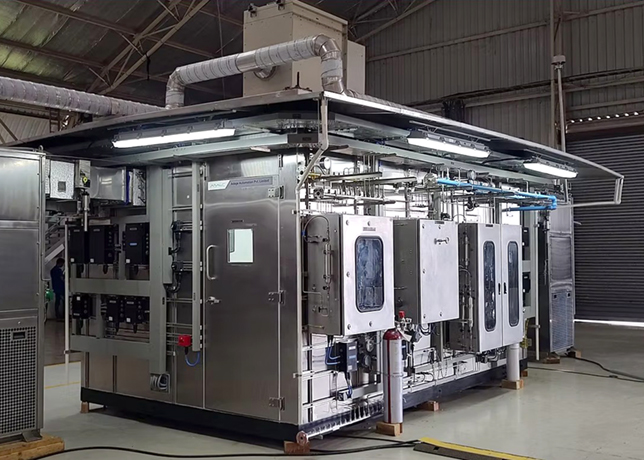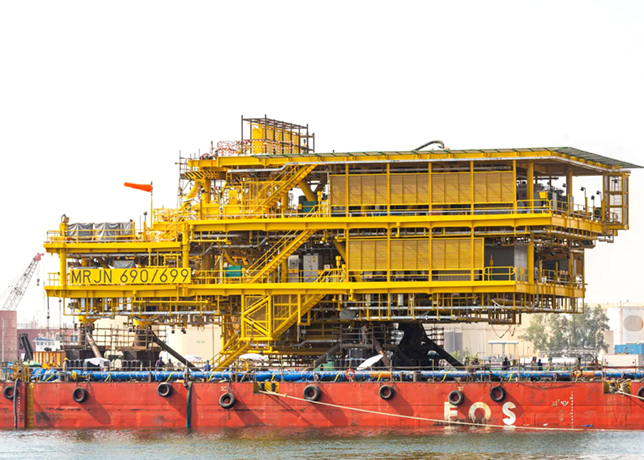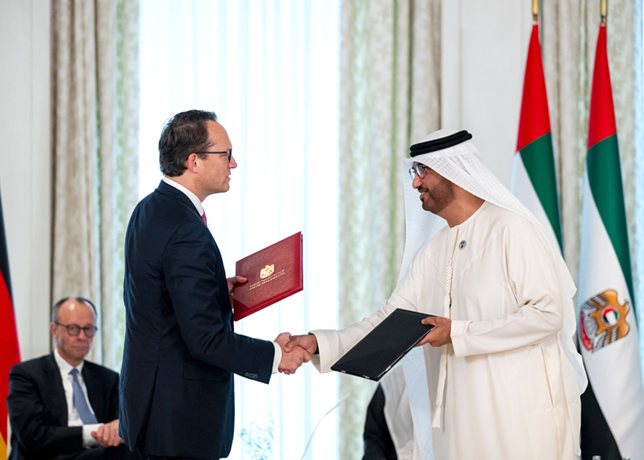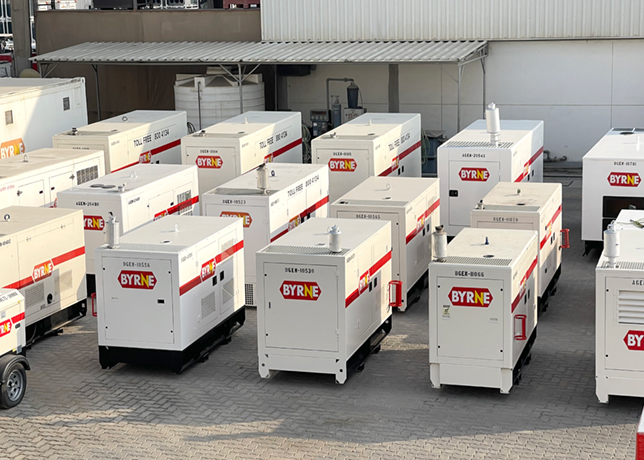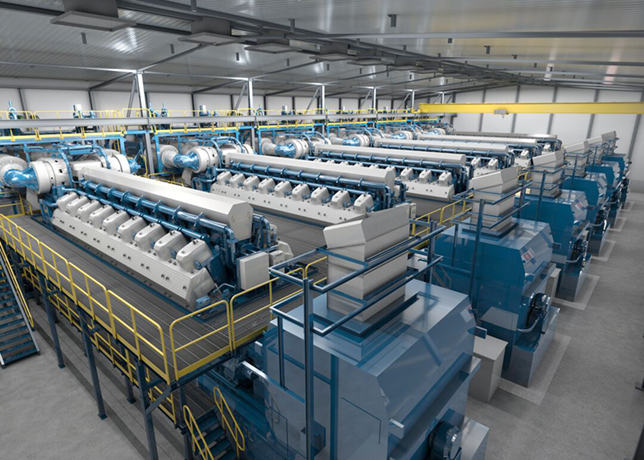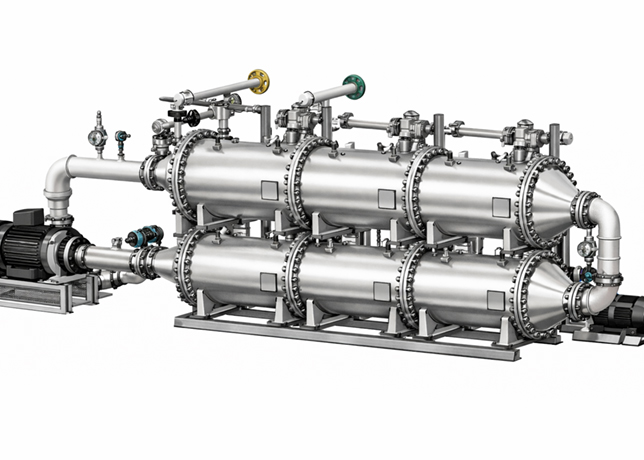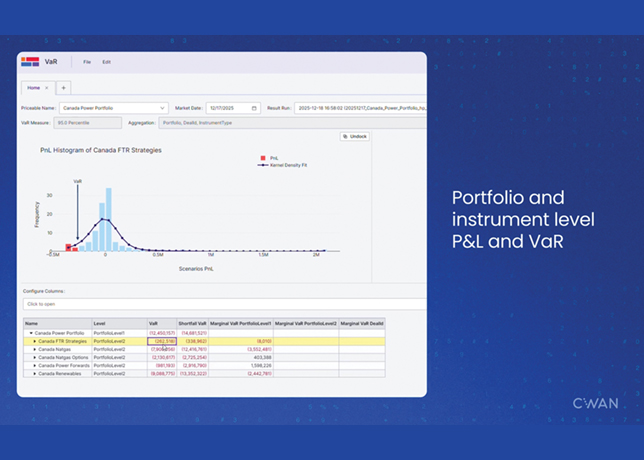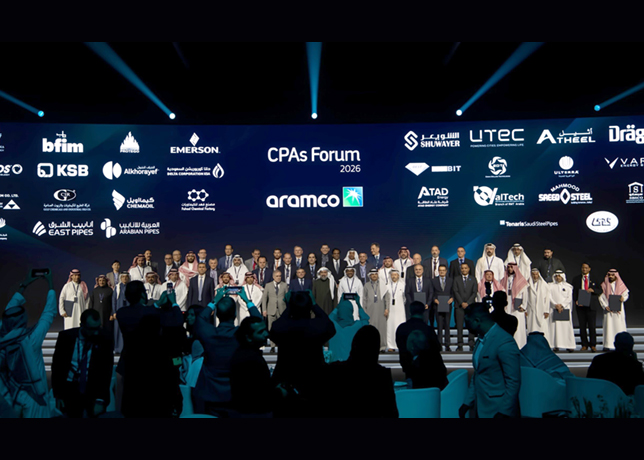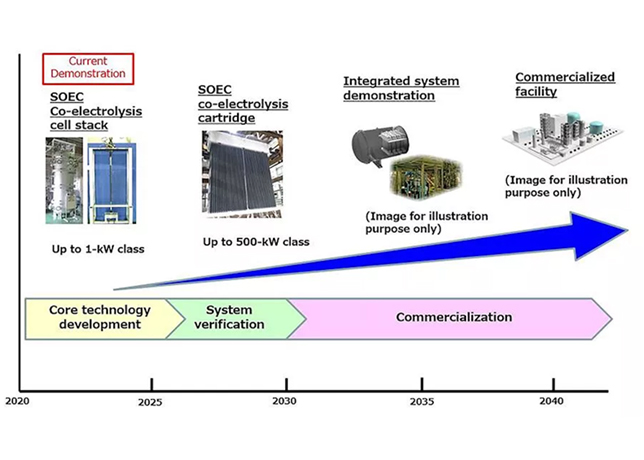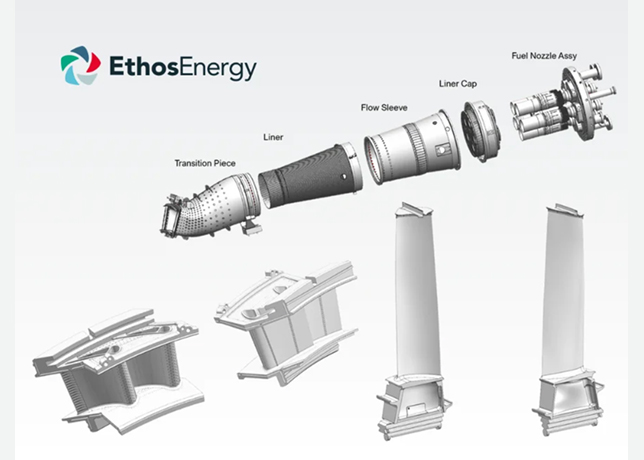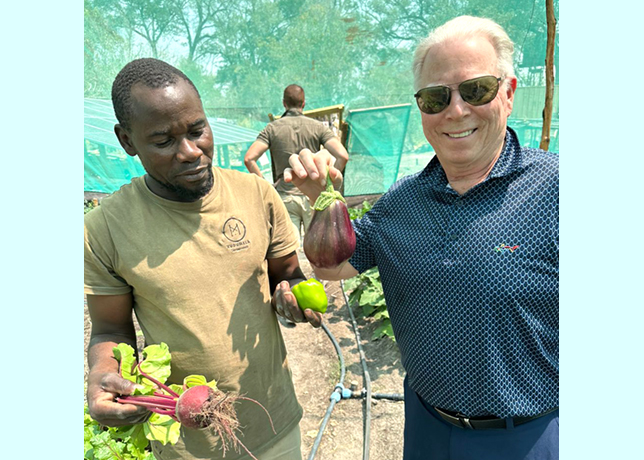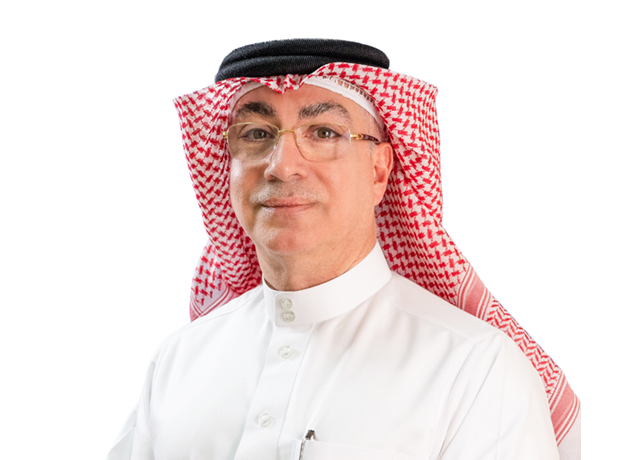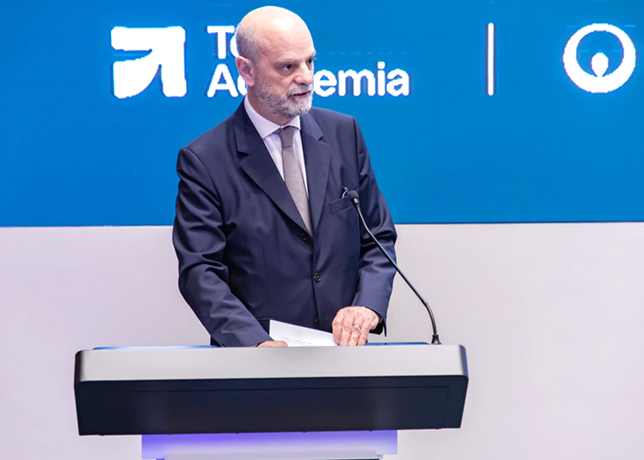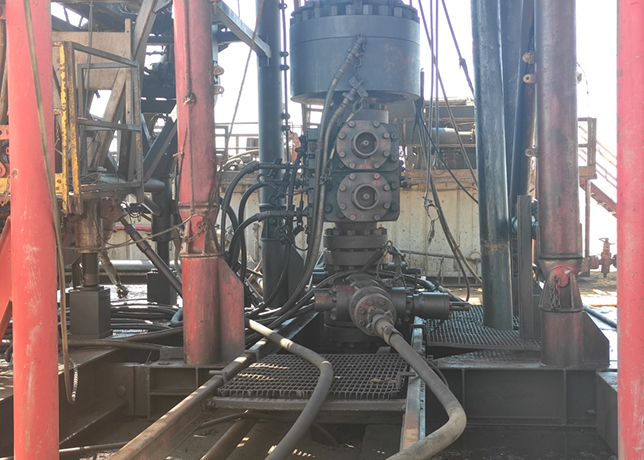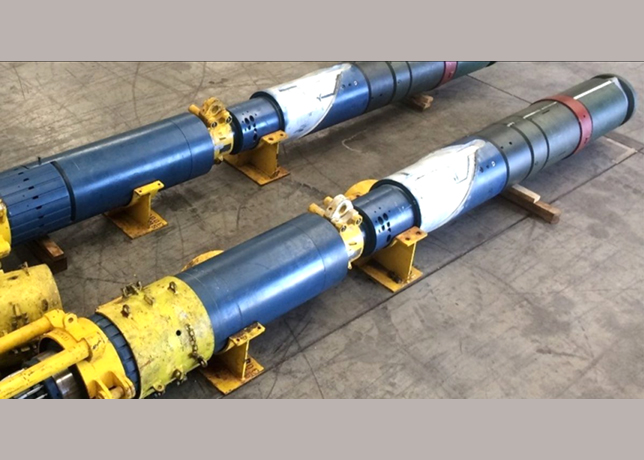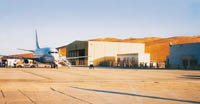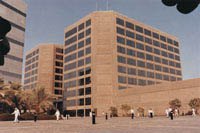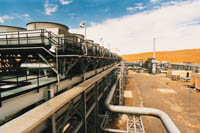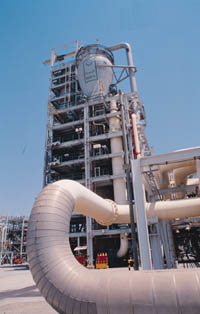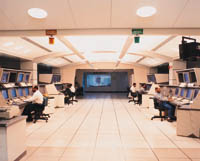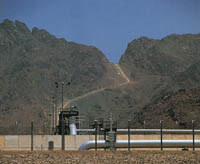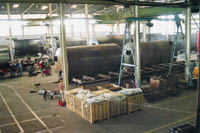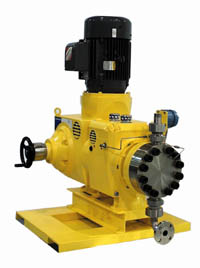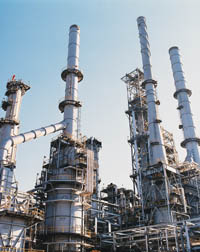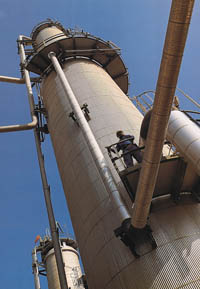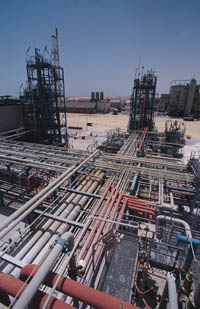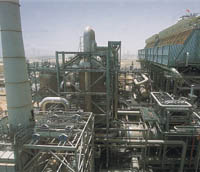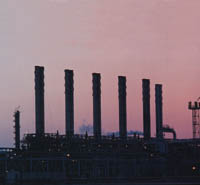

The wait is nearly over.
The much-publicised opening up to foreign investors of certain areas of Saudi Arabia's hydrocarbons industry is all set to enter the next stage when those international oil majors chosen for a role in the process get the nod.
Talks were concluded last month with all companies bidding for the three core projects - namely South Ghawar, Shaybah and the Red Sea - of the so-called Saudi 'Gas Initiative.'
The majors involved in the bidding process are: Royal Dutch/Shell, BP, Eni, TotalFinaElf, Chevron Corporation, ExxonMobil, Marathon Petroleum, Phillips Petroleum Company, Conoco, Occidental Petroleum Company and Enron.
All the bidders are said to have received information on fiscal terms, the supply and pricing of natural gas and the role of state oil company Saudi Aramco. The Supreme Petroleum Council is expected to approve a final selection by the end of this month.
Negotiations between the oil majors and the Saudi negotiating team, headed by Minister of Foreign Affairs Saud Al Faisal, have been intensive.
Some of the majors are said to favour a role in different aspects of all three ventures, while some are said to be uninterested in downstream projects such as petrochemicals, power generation and water desalination.
Sources say that the Saudis are preparing to set up consortia to carry out the three ventures.
Selection of projects that use gas will take into account their feasibility, contribution to the economy, contribution to infrastructure and diversification, production efficiency and technology transfer.
Oil exploration and production will remain off-limits to investors.
The vital development of Saudi Arabia's gas infrastructure, already started by Saudi Aramco in the form of the Master Gas System (MGS), comes at a time when gas demand for a growing industrial sector is soaring.
The MGS is being enlarged from its current capacity of around four billion cu ft per day to some seven billion cu ft per day by 2003.
The international majors certainly enter the Kingdom at a buoyant time, with oil prices for Saudi crude expected to average around $22 per barrel this year, the level at which the 2001 budget has been set.
This is down on the $27 per barrel earned last year on the back of historic high prices, during which the Kingdom's export revenues rose to $77 billion from $40 billion in 1999.
This has enabled Riyadh to increase spending modestly over budget, with the oil and gas sector a key beneficiary.
A host of contract awards and new projects is ample evidence of an upswing following some two years of relative quiet.
For international engineering and contracting companies, opportunities now abound, particularly in the expanding gas sector.
Japan's JGC Corporation has signed a $410 million turnkey contract with Saudi Aramco to build a gas processing plant at Haradh, which is slated for completion during the third quarter of 2003.
Italy's Eni has won a $133 million contract to build a gas oil separation plant at Haradh, which will be constructed by Eni engineering unit Snamprogetti.
Foster Wheeler Corporation has secured a project management contract to expand the offshore/onshore Qatif oilfield by 500,000 bpd. A tender for the engineering, procurement and construction (EPC) portion of the contract is expected to be floated in the third quarter of this year.
There may also be major investments made in the refining sector, while petrochemicals giant Saudi Basic Industries Corporation (Sabic) is continuing to expand facilities to meet future strategic production targets.
Saudi Arabia has enhanced its role as the leading member of Opec. Instrumental in overseeing production cuts, the Kingdom maintains a policy of oil market stability.
Minister of Petroleum and Mineral Resources Ali Al Naimi has said that $25 per barrel is 'a desirable goal'.
To achieve this target, Opec has created a band of $22 to $28 per barrel, either side of which triggers an immediate need for correction.
The most recent example of this was a one million bpd production cut made by the cartel earlier this month, under which the Kingdom is expected to make a nominal reduction of 324,000 bpd to slightly less than eight million bpd.
This is likely to be achieved through reduced nominations to term lifters next month within standard contract tolerances.
''We believe there is general support - from the majority of participants in the oil markets, including Opec and non-Opec producers, the oil companies, the major consumers, and some interested energy organisations for the trigger,'' said Al Naimi.
''While the future may look bright, we do expect to face some challenges and uncertainties,'' he added.
The first challenge may be the management of temporary oversupply, said Al Naimi. Indeed, supply could exceed demand over the near term as a result of higher investments in upstream activity.
''With more producers using more sophisticated means, fields once too expensive to produce may be more readily accessible. This calls for more cooperative - not unilateral-efforts among oil producers to balance supply with demand,'' he said.
A clear sign of Saudi Arabia's commitment to global economic stability was its pledge earlier this month to ensure that Asian nations receive sufficient oil supplies.
''We will never allow any shortages of supply to take place in Asia,'' a senior official in the Ministry of Petroleum and Mineral Resources was quoted as saying.
A permanent secretariat for a proposed forum to encourage dialogue between oil producers and consuming nations will also be set up in Riyadh by the end of this year.
The Kingdom, which holds 260 billion barrels of oil - more than 25 per cent of the global total - currently has an excess production capacity of approximately 2.5 million bpd, which would meet any sudden production shortages or an unusual rise in oil demand.
Certainly, the country sees spare production capacity as playing a vital role in maintaining oil market stability.
Saudi Arabia's oil industry has come a long way since oil was found at Dammam Well No.7 in the 1930s. Today, the Kingdom has, using state-of-the-art technologies, tapped some of the largest oilfields on earth. In the process, a massive infrastructure of production, pipelines, refining, export facilities and petrochemical industries have been built up on the back of its vast resources.
With fresh investments now forthcoming in gas and downstream facilities, Saudi Arabia's role as the global oil leader looks set to stay.



